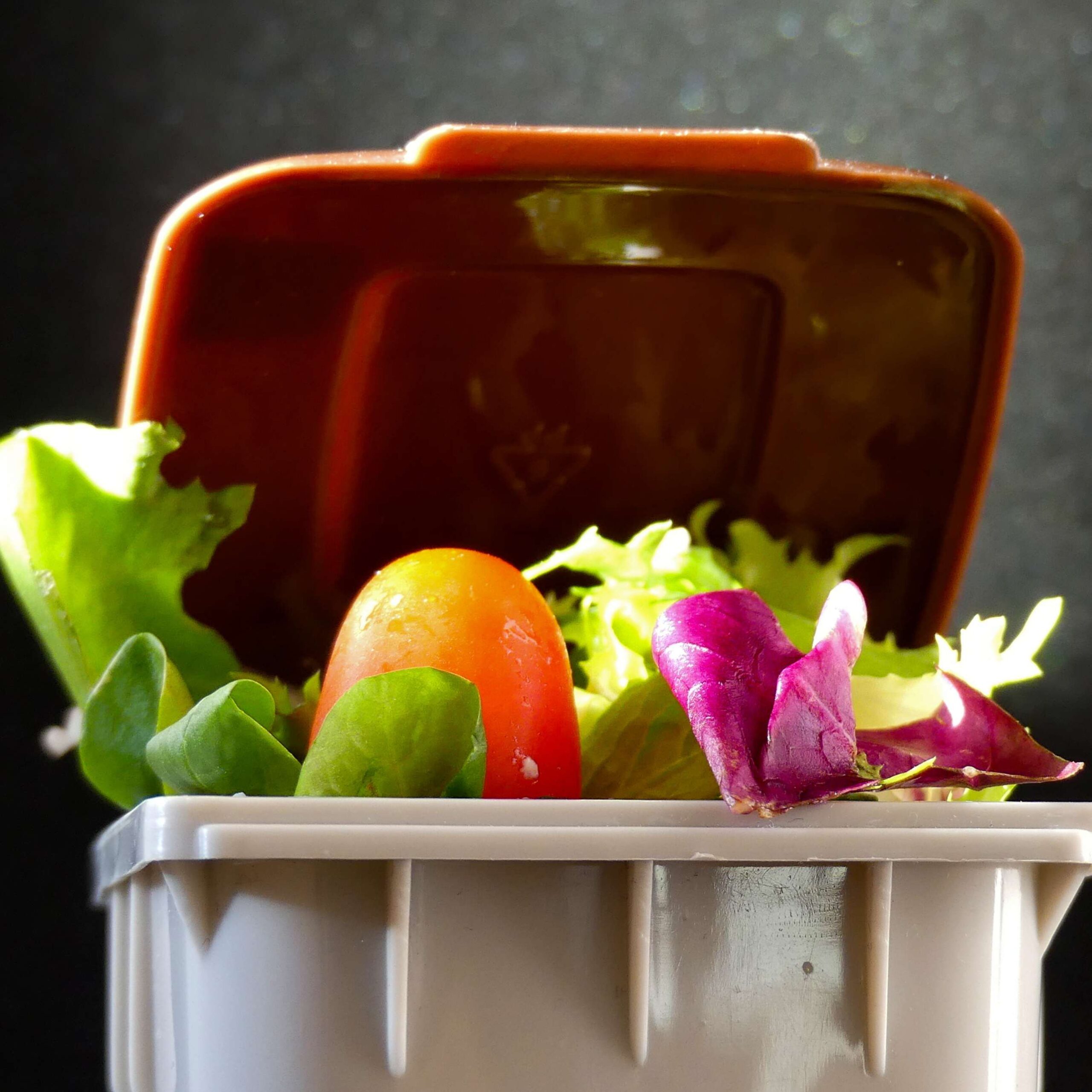Responsibly disposing of food waste is essential to any commercial sustainability plan
Food waste happens in any and all businesses, whether you work in the culinary field or simply convene in an office environment. Between the never-ending lists of tasks to complete, it can be easy to overlook the food that gets thrown out as a result of your business operations, but reducing food waste can make a positive difference to both your brand and the planet.
Reducing food waste can be a game change, and we’re going to take you through the ins and outs of it – from the reasons behind food waste to the importance of cutting it down, to the steps you can take to make a big difference. Let’s take a look.
Commercial food waste
Commercial food waste is a significant environmental issue. According to a report by The Grocer, the UK’s total food waste could feed upwards of 30 million people a year, and much of this waste is sent to landfill to rot and produce harmful methane.
All industries have to manage their food waste, but culinary and hospitality businesses are, unsurprisingly, particularly at risk of high food waste levels.
Such waste can be caused by poor stock rotation, over ordering, unpopular dishes, or even issues with labelling and use-by dates. Understanding the primary factors contributing to food waste is a big part of finding effective solutions, leading to sustainability and cost savings.
What is the impact of commercial food waste?
The consequences of irresponsible food waste disposal are two-fold: environmental and financial.
From a sustainability standpoint, high levels of food waste rotting in landfills leads to increased greenhouse gas emissions. It can also result in the unnecessary consumption of natural resources like energy, water, and land used in food production.
Financially, food waste can lead to unnecessary costs by increasing the need for investing in food, as well as additional costs for waste disposal. Being responsible when it comes to food waste – and waste management in general – can enhance your business’ public image, demonstrate good business practice, and attract interest and loyalty from environmentally-conscious customers.

How to Reduce Commercial Food Waste
Education and Training
Food waste reduction is a team effort. By educating and training employees on the importance of responsible waste management, you can make a significant difference to your organisation’s carbon footprint and financial standing.
Correct food storage and cooking techniques, cleanliness and cross-contamination practices, and clear disposal methods can make responsible food waste management intrinsic to your organisation’s daily running.
Donating and Composting
Donating should be a first port of call for food waste if the food is still of usable or edible quality. Getting involved in local charities can help you put food that would otherwise be wasted to good use, while also building a reputation as a business that gives back to your community.
For unavoidable food waste, composting is a simple and effective solution. Leftovers, fruit peels, seeds, and even coffee grounds can be disposed of separately, and then used as valuable nutrient-rich compost or fertiliser.
Staying Up to Date with Regulations
Food waste regulations are upheld in the UK to ensure businesses manage their waste responsibly. Staying up to date with these legislations and guidelines can provide your organisation with a framework to follow.
For example, the Simpler Recycling initiative is set to take effect in England, requiring all businesses to separate their waste for recycling. If your business generates more than 5kg of food waste per week, this will include setting up a dedicated disposal system.

Contact Everflow today!
At Everflow, our goal is to make your utilities simpler – we ensure you get great-value contracts that are tailored to your needs and easy to manage. Get a bespoke quote using the link below.


